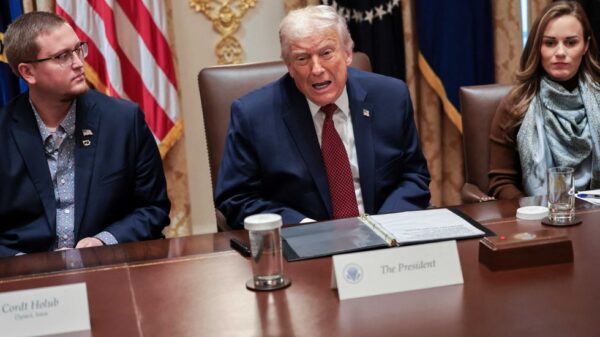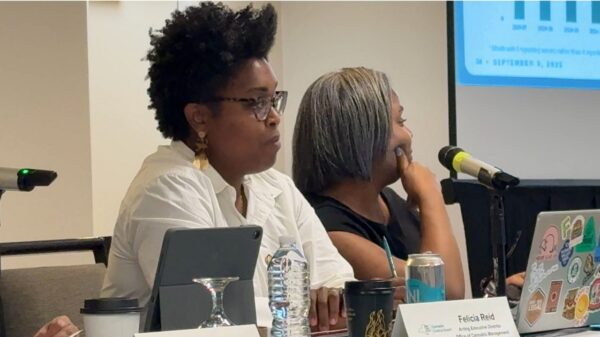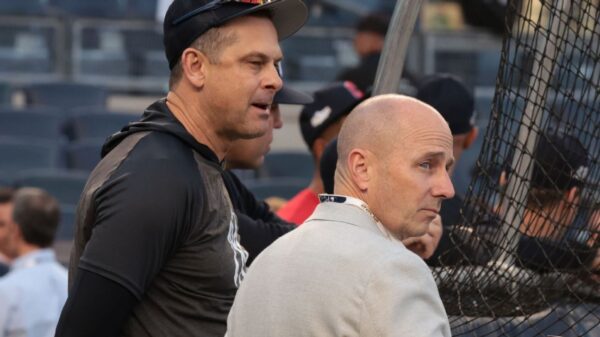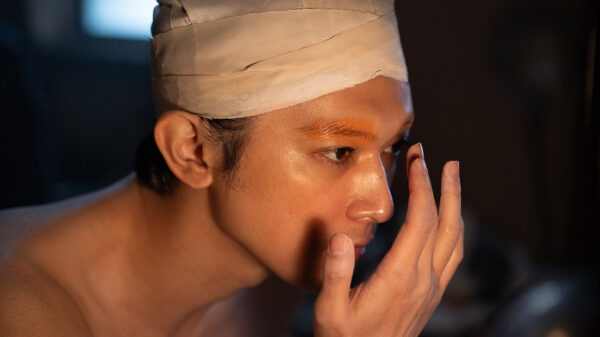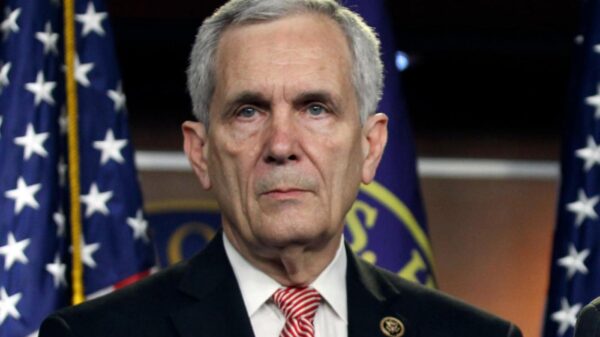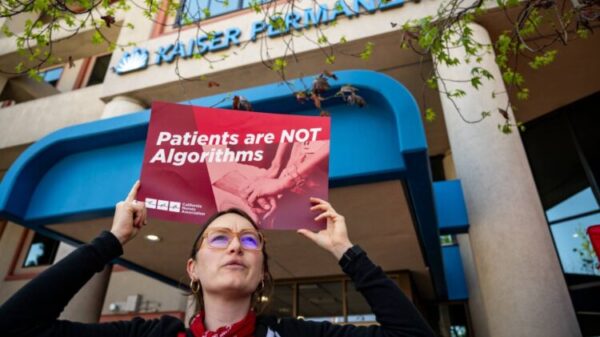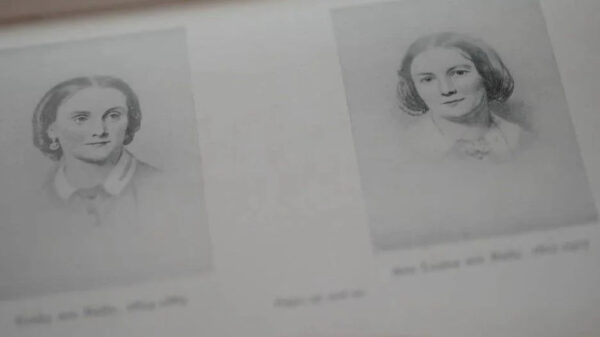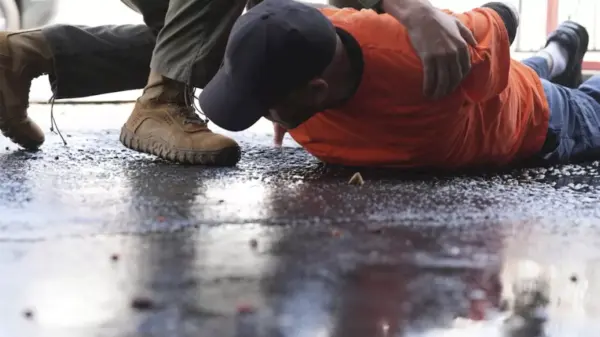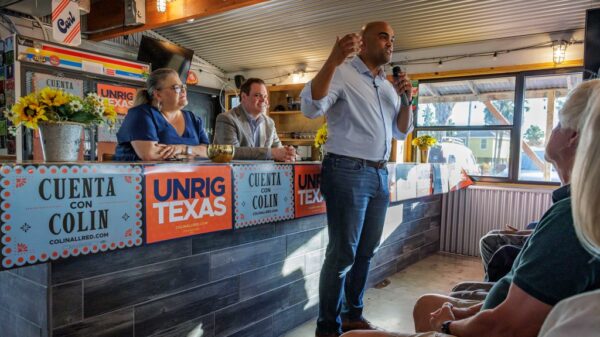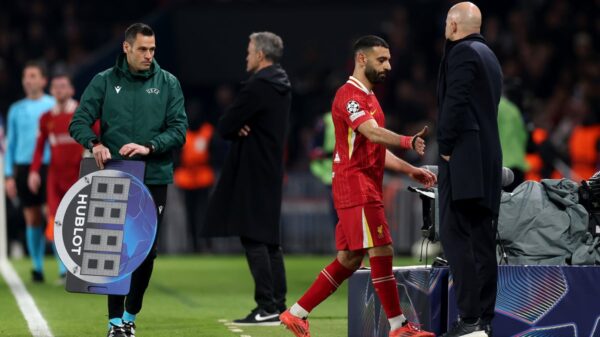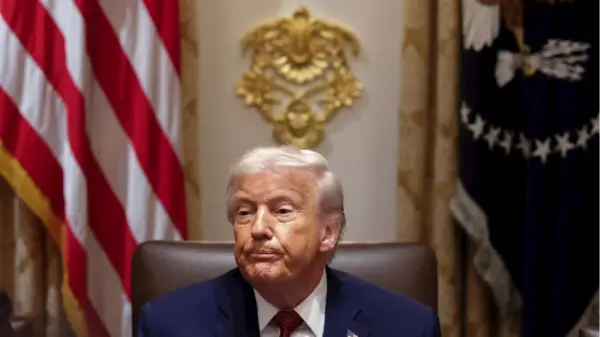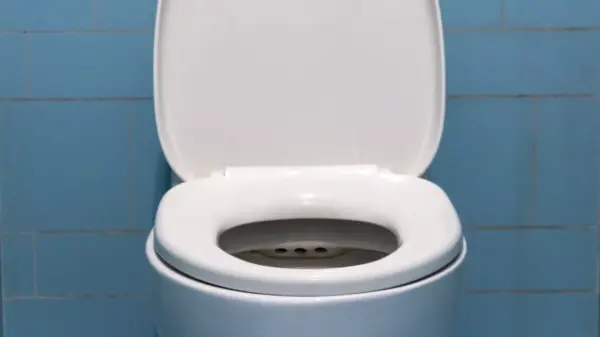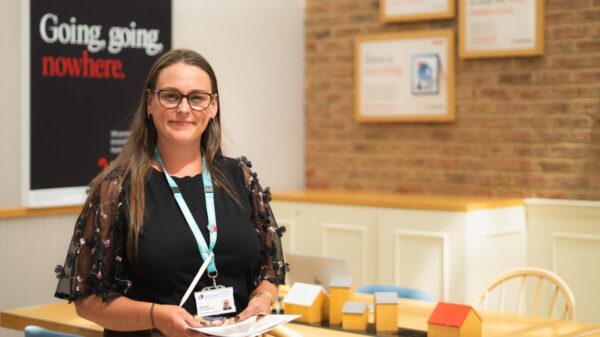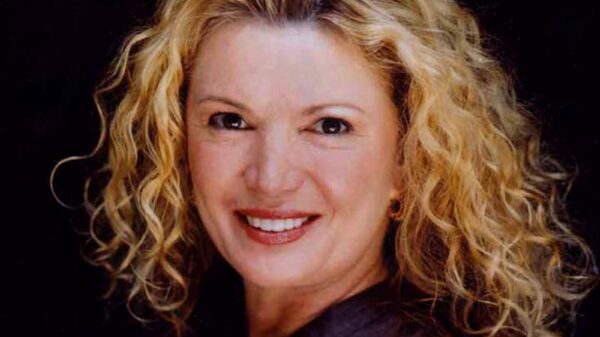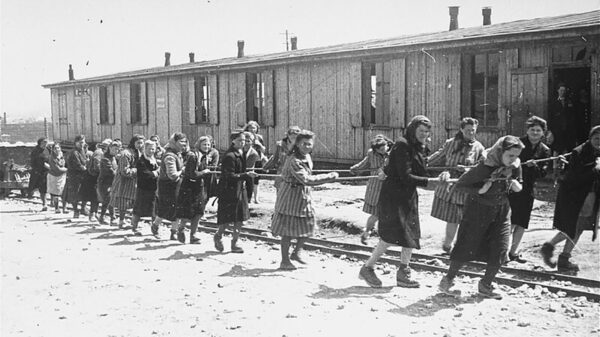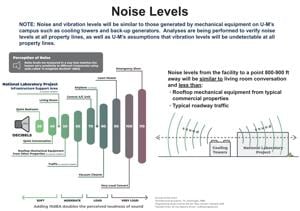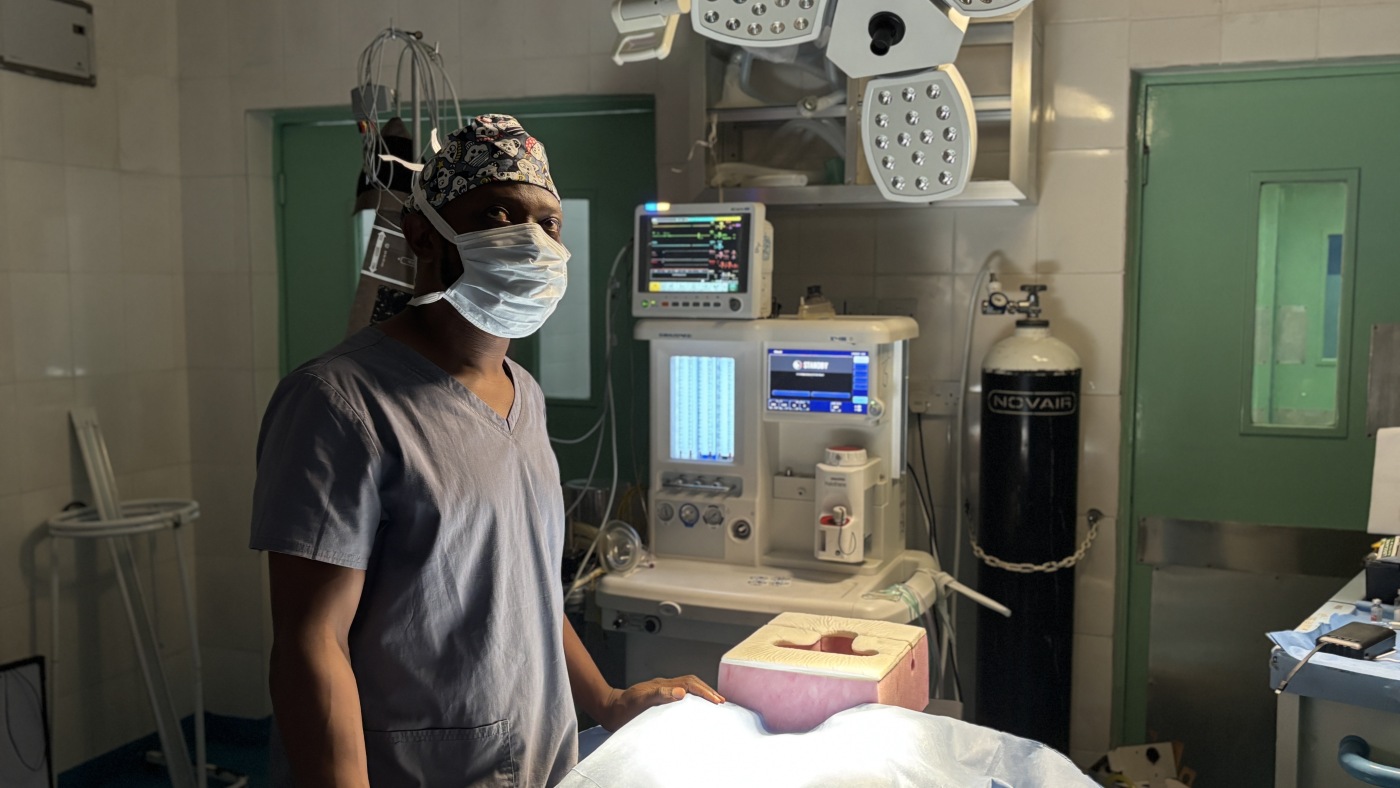Morie Abibu, a 56-year-old man from Sierra Leone, is fighting for his life due to a debilitating spinal condition. Paralyzed from the neck down, he faces a life-threatening situation caused by a mass growing at the base of his skull. This mass is pressing against his spinal cord, obstructing the nerves that control his breathing. Without urgent neurosurgery, Abibu is facing a devastating end. Fortunately, he is receiving care from Dr. Alieu Kamara, Sierra Leone’s first and only neurosurgeon, who began his practice in January 2025.
Dr. Kamara carries a monumental responsibility, as he is tasked with addressing the neurosurgical needs of a population of approximately eight million people. Prior to his arrival, patients like Abibu had little hope. According to Dr. Kehinde Oluwadiya, the acting chief medical director at the University of Sierra Leone Teaching Hospital Complex, “If you are lucky and rich, you will go to another country and be treated. But if you are not, it’s either you die or you live with a lot of disability.”
In a significant development, April Sabangan, CEO of Mission Brain, a California-based nonprofit, visited Sierra Leone with two surgeons from Stanford University to support Dr. Kamara’s newly established neurosurgical department at Connaught Hospital. The surgical ward, which contains only two operating rooms shared by multiple specialties, is currently staffed solely by Dr. Kamara and a limited number of anesthesiologists and nursing staff.
Preparing for Abibu’s surgery was fraught with challenges. The operating room required improvisation, with bolsters made from rolled surgical gowns and a nurse using an electric swatter to keep flies away from the sterile field. As the surgery commenced, Abibu’s skin was cut open to reveal his spinal cord, but the procedure was soon interrupted by power outages—a common occurrence during Sierra Leone’s rainy season. Only the backup surgical headlights brought by Sabangan and her team provided illumination as Dr. Kamara continued the intricate operation.
Over the course of three hours, the team successfully completed the first-ever spine surgery in Sierra Leone. “For a patient paralyzed for months to move their toes just six hours after surgery is almost unheard of. It’s a miracle,” noted Dr. Silvia Vaca, one of the visiting surgeons.
Dr. Kamara’s journey to becoming a neurosurgeon is a testament to resilience. Born in eastern Sierra Leone, his childhood was marked by the brutal civil war that plagued the country. His aspiration to enter the medical field was sparked by witnessing a friend’s injury during a soccer match. After years of struggle, including working in a factory to fund his medical education, he trained for 12 years in Jilin, China, earning both an MD and a Ph.D. in orthopedic surgery.
Before the establishment of a neurosurgical department, patients with severe head and spine injuries were left without proper treatment. Dr. Kamara often had to stabilize patients within the limitations of orthopedic care. “We used to lose a lot of patients due to head injuries, spinal cord injuries… There was nothing we could do for them,” he explained.
The effort to establish neurosurgery in Sierra Leone required collaboration. In 2021, Fatu Conteh, a neurosurgery resident in California, sought to prevent tragedies like her grandmother’s stroke, which left her paralyzed due to delayed treatment. Motivated by her experience, she reached out to Dr. Sonia Spencer, chairperson of the hospital complex, sparking the initiative to bring neurosurgery to Sierra Leone.
Through her networking, Conteh connected with Dr. Kee Park of the World Federation of Neurosurgical Societies, who provided crucial resources and introductions to partners like Mission Brain. This organization, committed to enhancing global neurosurgical care, aided in arranging Dr. Kamara’s training and the necessary infrastructure for his practice.
The collaborative efforts led to the establishment of a sustainable neurosurgery program, which has already trained 24 nurses in neurotrauma patient management. The government is also working on developing a dedicated neurosurgery ward and has procured a CT scanner for Connaught Hospital.
Despite the progress, challenges remain. Limited supplies and logistical hurdles continue to threaten the recovery of patients like Abibu. He and his family had to borrow $300—half of the average annual income for a local family—to cover his surgical expenses, as hospitals in Sierra Leone typically require payment upfront.
Dr. Kamara, however, is determined to overcome these obstacles. He provides his phone number to all his patients, ensuring they can reach him anytime. His vision extends beyond individual patient care; he aims to create a teaching service that inspires a new generation of medical professionals in Sierra Leone.
The success of neurosurgery in Sierra Leone could have a profound impact on the country’s healthcare system. “I see this as a litmus test for what is possible in the health sector,” stated Dr. Mustapha Kabba, deputy chief medical officer of the Ministry of Health. As Dr. Kamara continues to build the neurosurgery program, he hopes to demonstrate that self-sufficiency in healthcare is attainable for Sierra Leone.


